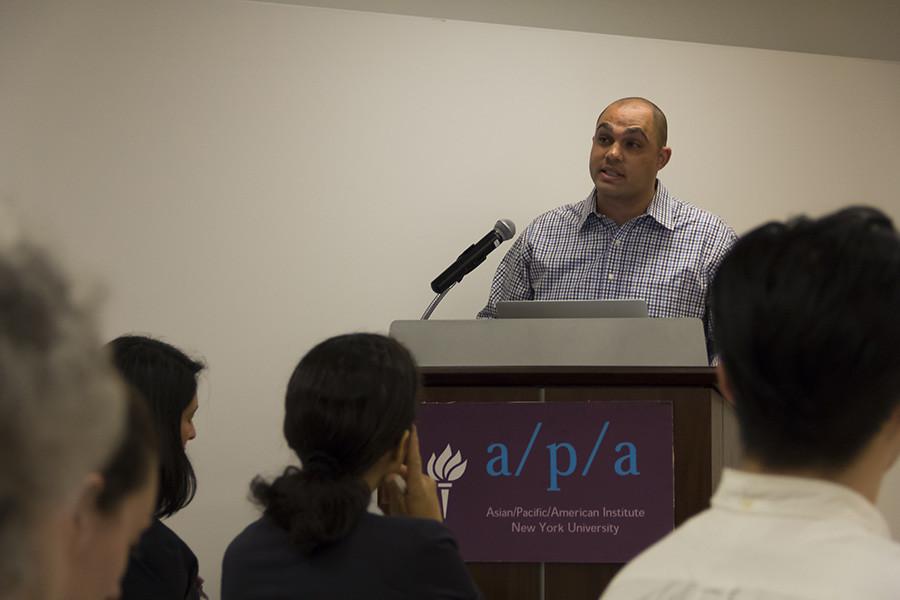Writing in the journal Rhizomes, Jared Sexton, professor of African American Studies at UC Irvine, examines the history, development, and current resistance to Afro-Pessimist thought. Afro-Pessimism is not a unified school of thought, but rather a theoretical tendency that combines philosophy, history, and critical race studies to explore, among other things, the idea that African American identity is inseparable from white supremacy. Afro-Pessimism has garnered increasing influence and attention in the past few years, even as it has encountered resistance from more established academic disciplines. Here’s an excerpt from Sexton’s text:
[1] Afro-Pessimism is a contemporary phenomenon, some may even scoff that it is trendy, but its political and intellectual evolution is considerably longer and its ethical bearings much broader than one might expect, and there is work yet to be done regarding a genealogy of its orientation and sensibility. No individual or collective effort, of course, springs forth whole cloth and yet the controversy that has accompanied the emergence of this discourse over the better part of the past decade has suffered greatly from a refusal—on the part of most critics and too many proponents as well—to follow the old Jamesonian edict to historicize the theoretical aim and object (Herman 2003). I only note the problem here, as the development of proper context would require far more space than available at present. The vacuum-packed controversy has been surprisingly pointed as a result, and it is easy to miss the true significance thereof between the epiphanic tone of recent acquaintance and the acrimony of recurrent denunciation.
[2] Some part of the pace and extent of debate about Afro-Pessimism to date is no doubt due to the proliferation of social media platforms in the same moment when the professoriate groans under the intensified administrative command to turn research into output with eventual market value (including the market value of “civic engagement”); the subsequent migration of much previously refereed scholarly commentary to these less (or differently) regulated forums in search of greater and faster measurable impact and, for better or worse, readership beyond the ken of advanced higher education; and the increased if uneven porosity of deliberations among activists, artists, educators, journalists, non-profit workers, researchers, etc. afforded by the digitization of print culture and the growing access to recordings of conference panels, public lectures, radio interviews, and the like. It is no exaggeration to say that, as a result of this convergence of global economic restructuring and technological development, there are thousands of online conversations underway across Africa, the Americas, Asia, and Europe, especially among students and young scholars, adjudicating the relative merits of Afro-Pessimism.
Image of Jared Sexton via mixedracestudies.org.
